Nibali looks for allies to take on Wiggins
Liquigas-Cannondale aim to isolate Sky’s leading lights
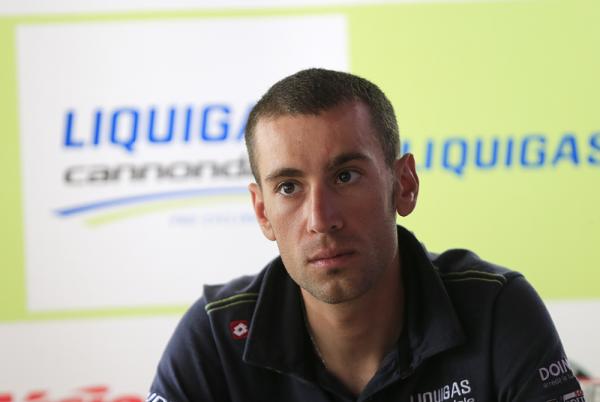
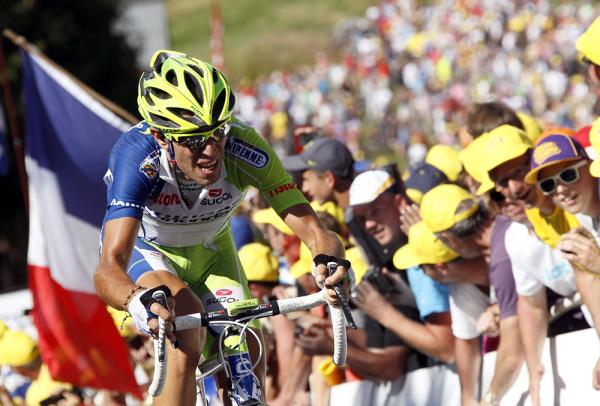
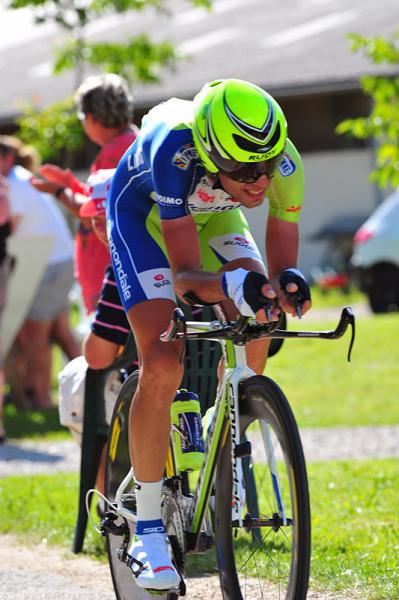
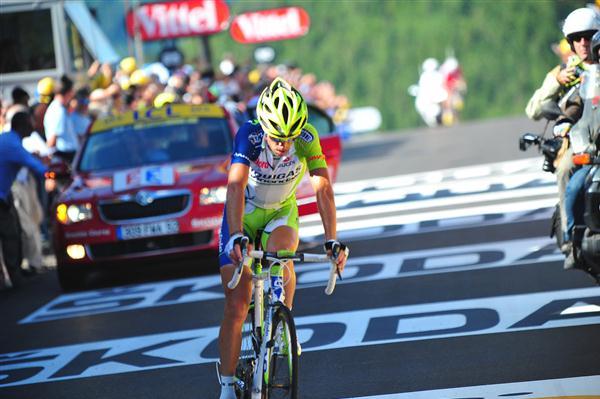
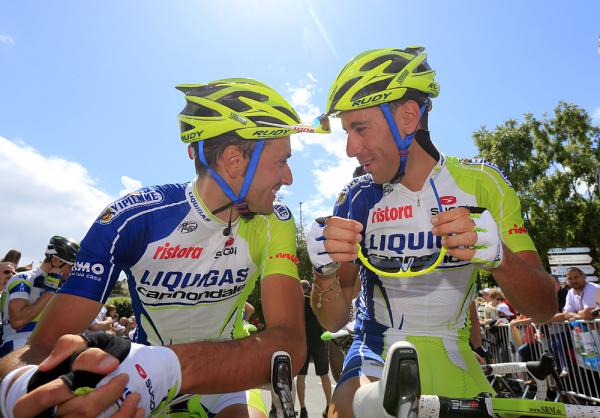
Winning the Tour de France requires a combination of the head and the legs, so the old adage goes, and perhaps with that in mind, Vincenzo Nibali (Liquigas-Cannondale) is ready to form alliances as he takes on the collective might of Bradley Wiggins’ redoubtable Sky team. Currently lying in 4th place overall at 2:23, he knows that he must be creative if he is to oust Wiggins from the yellow jersey.
While Nibali has regularly attempted the spectacular in one-day races – his ambitious but ultimately unsuccessful attacks at the most recent editions of the Tour of Lombardy and Liège-Bastogne-Liège spring to mind – he has tended to ride a little more conservatively in three-week races, and such prudence paid rich dividends when he took a canny victory at the 2010 Vuelta a España.
“You could try something like those attacks in the classics, but when you’re at the Tour there’s often a tough stage the following day, so it’s hard to do that,” Nibali said during Tuesday’s rest day in Mâcon. “But it’s not just me in that situation. We’ll need to find allies, and understand who wants to gain something, be it a stage win or to move up the general classification.”
Nibali and Cadel Evans (BMC) were aggressive on the descent of the Col de la Croix on Sunday, and the pair appear to be natural allies, but the Sicilian said that there would be no preordained “armada” primed to tilt at Sky.
“An alliance is normally decided in the moment, just with a glance or a couple of words,” he explained. “You need the clarity to know you can gain something in that moment.”
While much has been made of Nibali’s downhill ability, he pointed out that a grand tour could not be won on descents alone. In that light, his brief rally off the front on Sunday was not so much a direct attack on the yellow jersey and his chief lieutenant Chris Froome as a first examination of the state of the battleground.
“The line was a bit away but I wanted to see if Evans wanted to come with me,” Nibali said. “Maybe Wiggins and Froome don’t handle their bikes as well as Evans and me, but the attacks don’t necessarily have to come on descents, there are also the climbs.”
Get The Leadout Newsletter
The latest race content, interviews, features, reviews and expert buying guides, direct to your inbox!
Indeed, rather than simply trying to put pressure on Wiggins every time the road swoops downhill, Nibali reckons that the best way to draw the sting out of his double-act with Froome is to shed them of their teammates as early as possible in the mountains.
“They have great condition as a team, so the first thing to do is to isolate Wiggins and Froome,” Nibali said. “We’ll have to try by making the stages as stretched as possible from the beginning to the end.”
While that may seem easier said than done, both Nibali and Lotto Belisol’s Jurgen Van Den Broeck have been encouraged by how quickly Wiggins and Froome were isolated once pressure was applied on the way up the Col de la Croix. Indeed, Nibali has been consistently bullish about his chances of taking on Wiggins.
“Wiggins and Froome were beaten by Cobo in the Vuelta last year,” he pointed out. “We’ll have to see in Paris.”
With two weeks still to go, Nibali will be hoping to sniff out more than one opportunity to cut into Wiggins’ lead on the path to the Champs-Élysées as the mountains begin in earnest.
“For now we’ve only done flat stages, with just one real climb of 6km, although that was very tough,” Nibali said. “The mountain stages are yet to come and they’ll be very different. We’ll have to invent something – not just me, but the others who are further back.”
The manoeuvring could begin sooner than anticipated, even before the peloton hits the testing Col du Grand Colombier and its treacherous descent on stage 10. “The first 60 kilometres tomorrow will be difficult, it will be a right battle early on.”

Barry Ryan was Head of Features at Cyclingnews. He has covered professional cycling since 2010, reporting from the Tour de France, Giro d’Italia and events from Argentina to Japan. His writing has appeared in The Independent, Procycling and Cycling Plus. He is the author of The Ascent: Sean Kelly, Stephen Roche and the Rise of Irish Cycling’s Golden Generation, published by Gill Books.